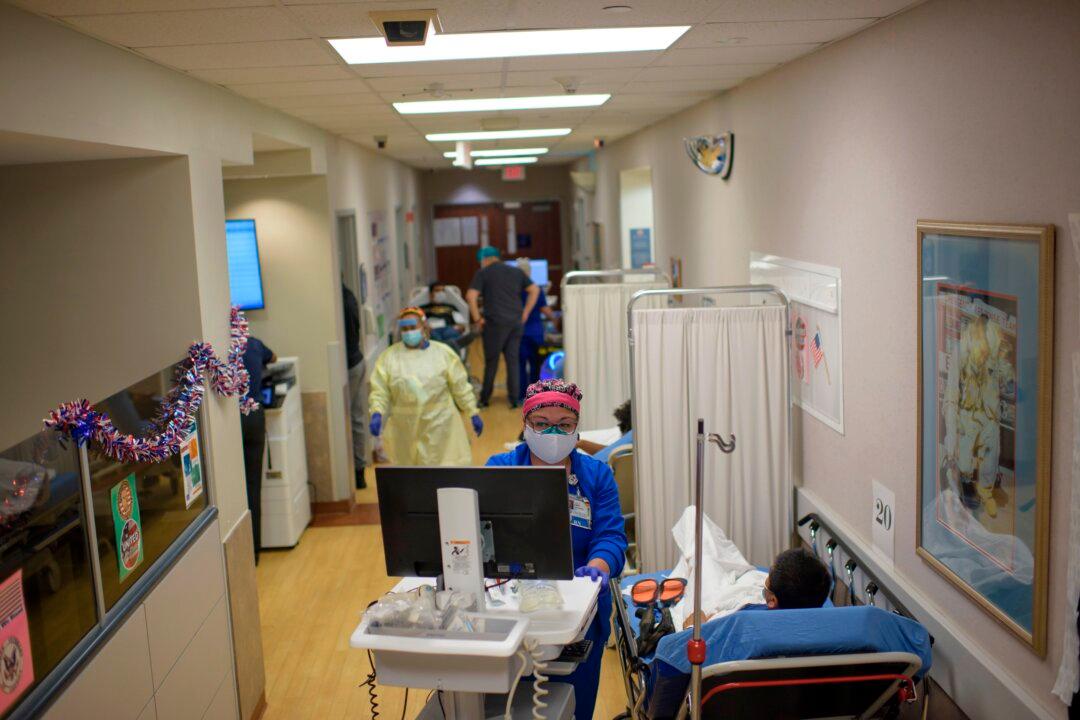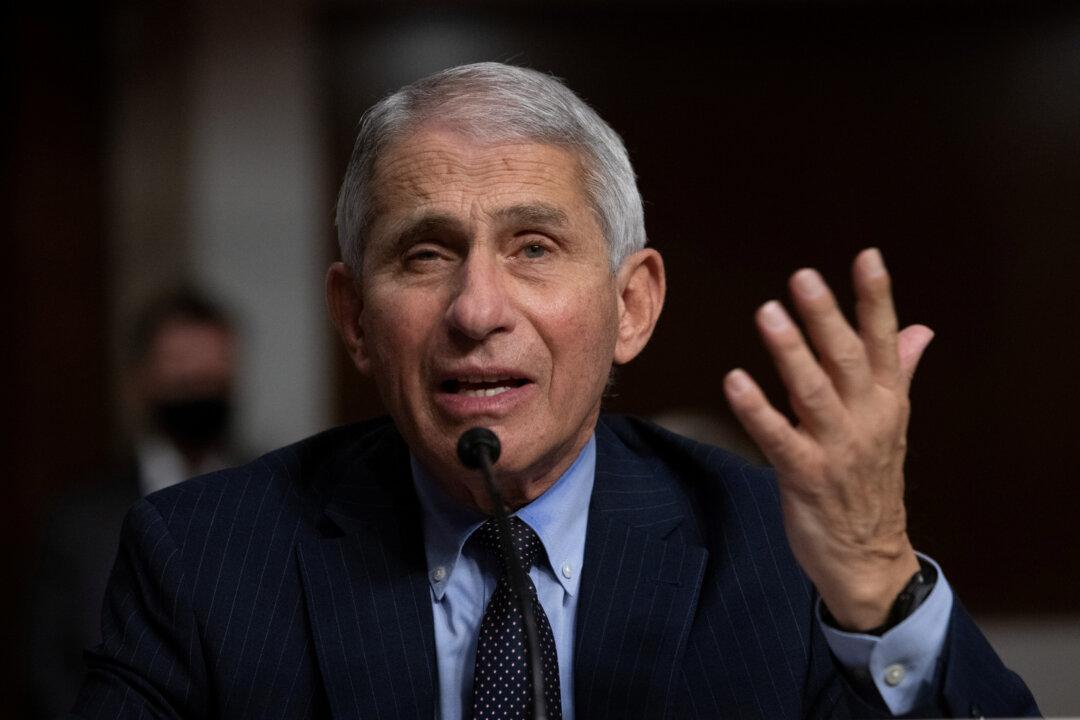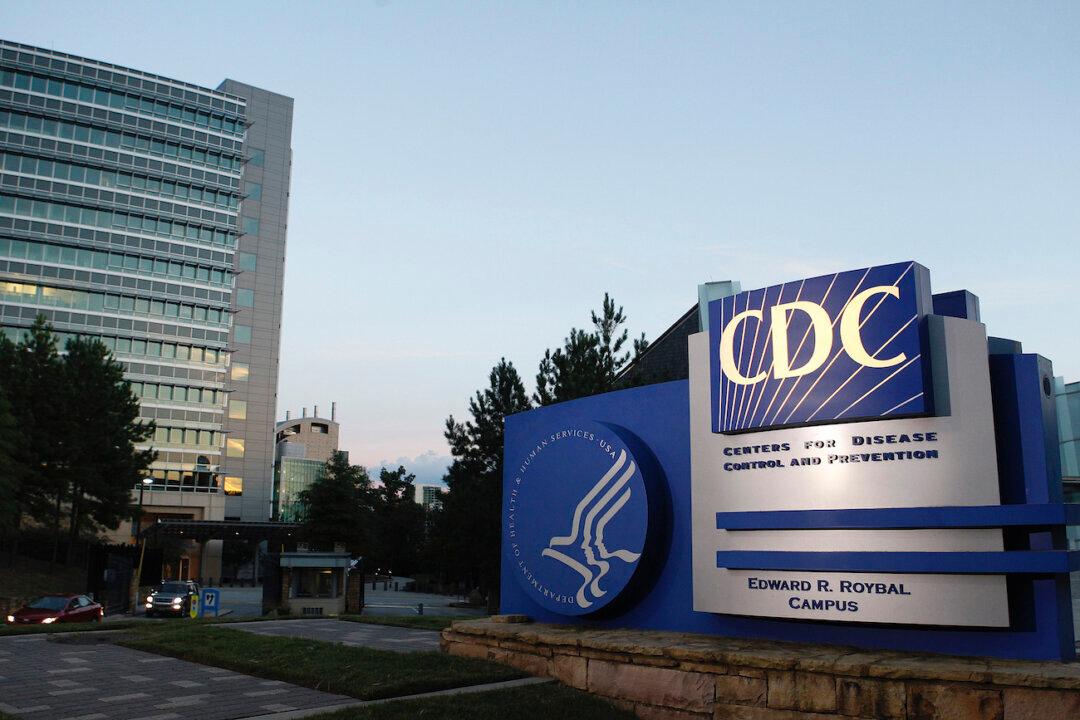
A healthcare worker talks to a patient in the ER at Oakbend Medical Center in Richmond, Texas, on July 15, 2020. Mark Felix/AFP /AFP via Getty Images
People with heart problems are far less likely to visit the hospital amid the pandemic over fears of contracting COVID-19, according to a
new study.
The study, which was published on Aug. 7, aimed to find out how COVID-19 has impacted those who have been diagnosed with heart issues.





